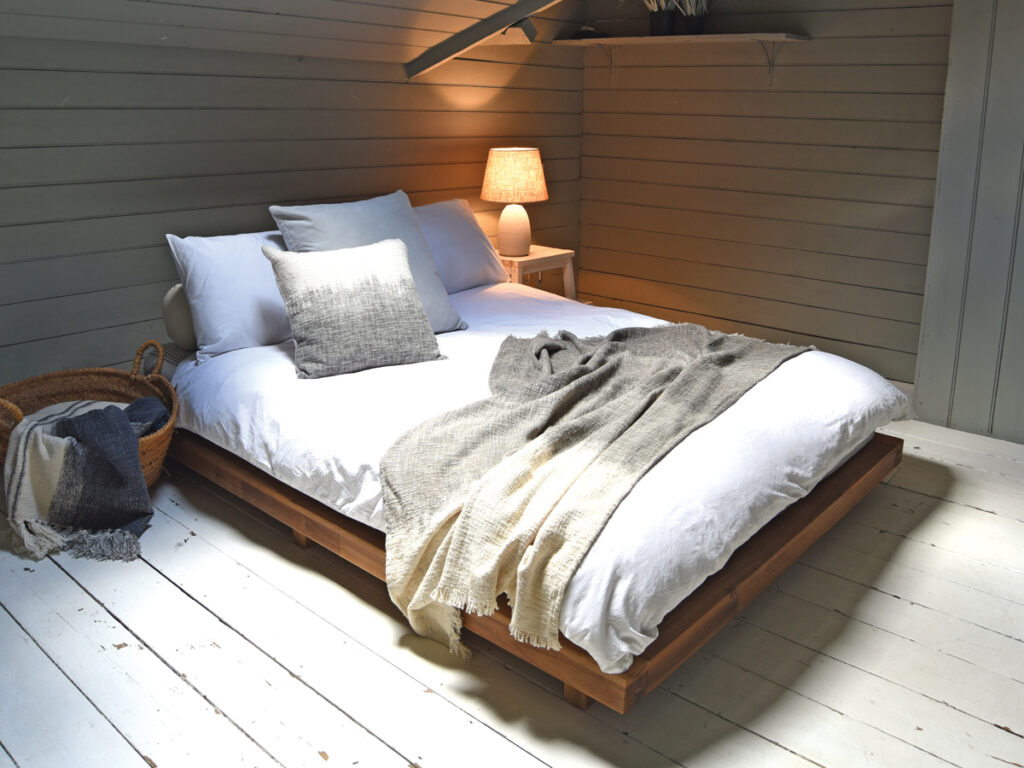
It’s National Bed Month… which has got us thinking about the benefits of good sleep. From mental health to physical health, sleep underpins everything about our well-being.
The latest research suggests that a good night’s sleep can also add years to our lives. And, it’s not just about the hours we put in according to Amy Beecham at Stylist magazine: “The fascinating research suggests that men who regularly sleep well could live almost five years longer than those who do not, while women could benefit by two years, and they could also enjoy better health during their lives.”
“However, the findings indicated that the quantity of sleep was not in itself enough to achieve the possible health benefits – quality of sleep is also important.”
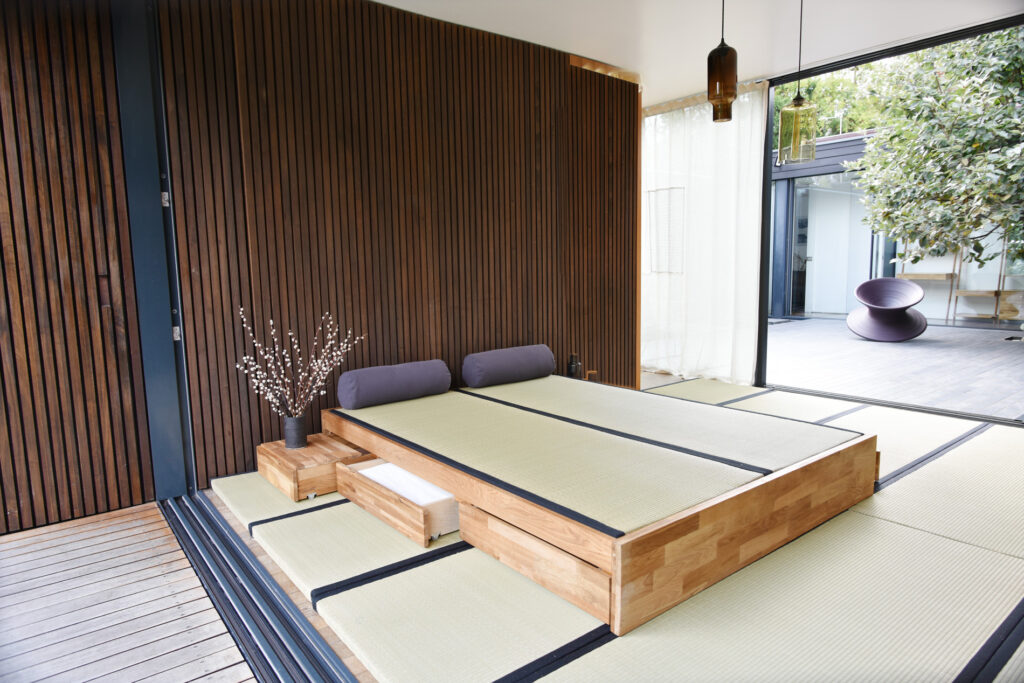
And this is where good sleep “hygiene” comes in. It isn’t just another buzzword made up by the world of wellness. The basic concept of sleep hygiene is that your environment and habits can be optimised to improve your sleep health, impacting your physical and mental state. Sleep hygiene is the term used to describe the day-to-day things you can do to help you achieve the recommended 7 – 9 hours a night.
Need some guidance? Here are some dos and don’ts you need to know to achieve a restful night’s sleep:
Create a regular pattern
Introducing a bedtime routine – such as turning down lights, running a bath and setting a relaxing environment – helps our internal clock remember what time it is. Doing this at roughly the same time every day will programme our body to eventually sleep better.
Watch what you consume
Caffeine and alcohol can disrupt sleep, as can being hungry or too full. Switch to decaffeinated drinks from mid-afternoon and instead of an evening nightcap, which can cause a fragmented night, swap it for something soft like herbal tea or warm squash.
Also, don’t eat too close to bedtime; instead, have a big meal at lunch and something lighter in the evening.
Stay unplugged
Spend at least half an hour before bedtime winding down, away from your phone and gadgets. Not only do they emit light and noise, which can overstimulate us, they also make us more prone to staying awake and worrying.
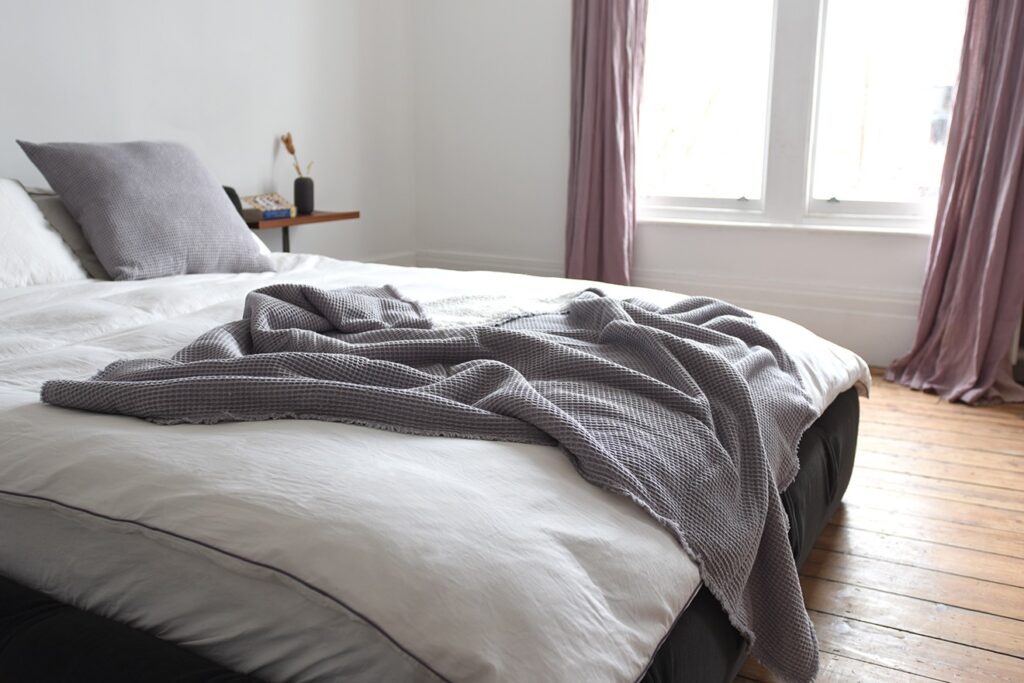
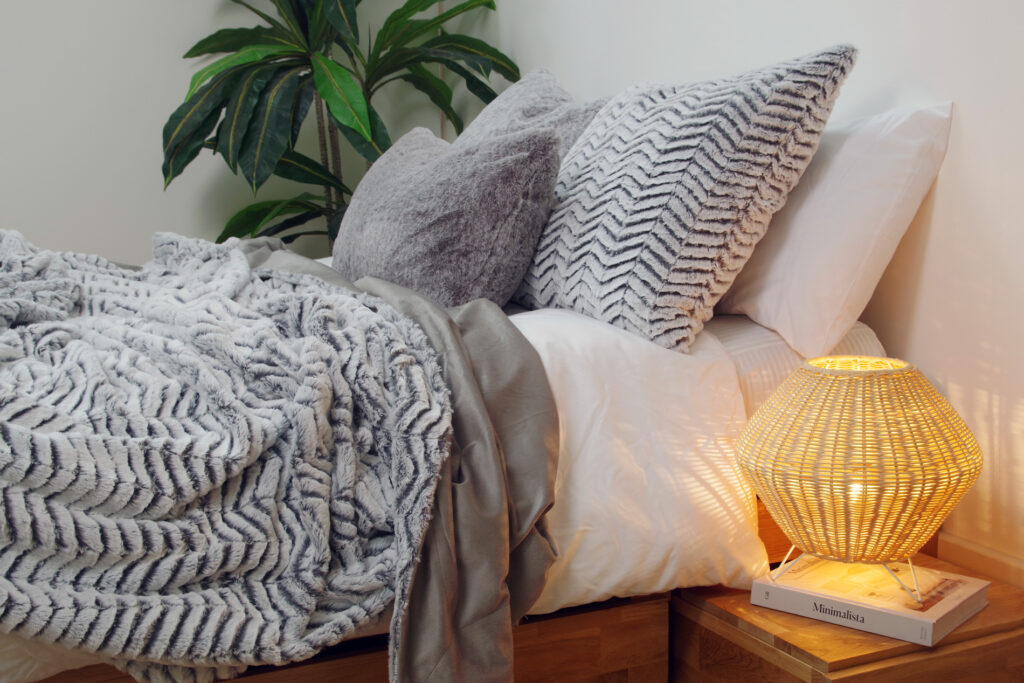
Limit high-intensity workouts
Exercise does wonders for our general health, but again, anything too vigorous or high-intensity close to bedtime (within three hours) can stimulate us. Leave the spin class for earlier in the day and stick to calming activities – such as stretching and yoga – to get your body and mind ready for rest.
Plan ahead
Ever got into bed and kept awake thinking about what you need to do the next day? Take some time before bed to write down your to-do list. It’s a particularly cathartic process which helps you feel like the day is complete and you are well-prepped for tomorrow.
Get up if you can’t sleep
There’s nothing worse than lying in bed not being able to sleep – worrying and taking longer to drop off. Get up and out of bed and do something relaxing like reading a book or meditating. Then once you start feeling sleepy, return to bed with a clear head.
Set the right scene
Lastly and most importantly, create a haven for rest! A calming and clutter-free bedroom is the most conducive for banking some Zzzz. A comfy bed with a firmness that’s right for you, cosy bedding, soft lighting and the optimal room temperature – all help provide an environment you’ll feel relaxed enough to nod off in.
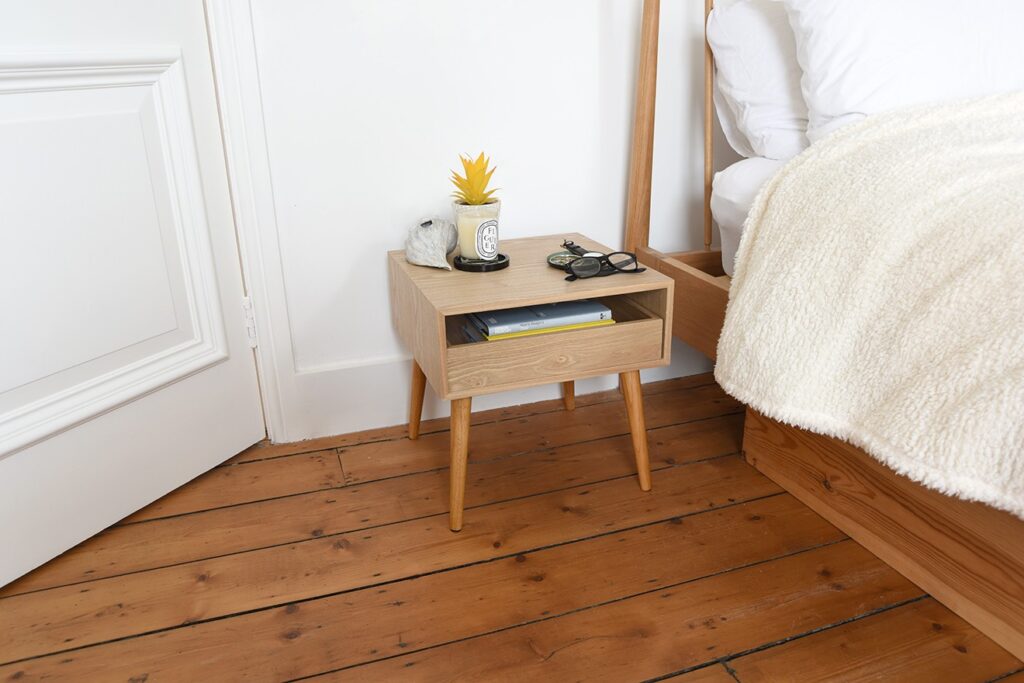
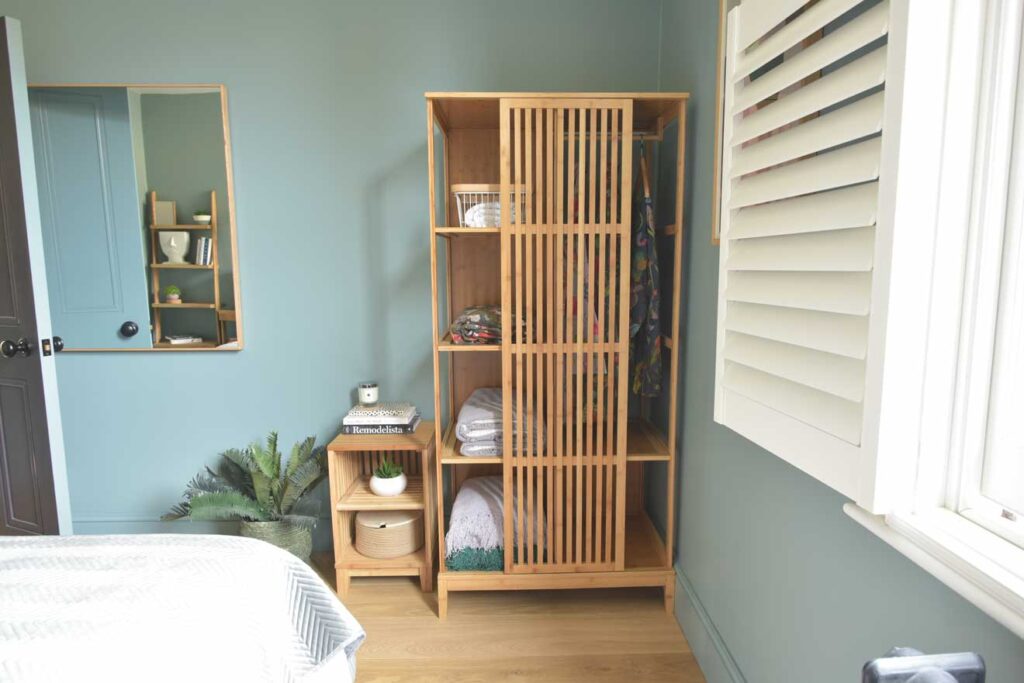
Needless to say, a good night’s sleep is priceless, so get yourself the perfect bed – and everything else – to make that a reality. Ready to take the plunge? At Futon Company, we’ve got all the essentials to help you transform your sleep spot into a total sanctuary. Sleep tight!





